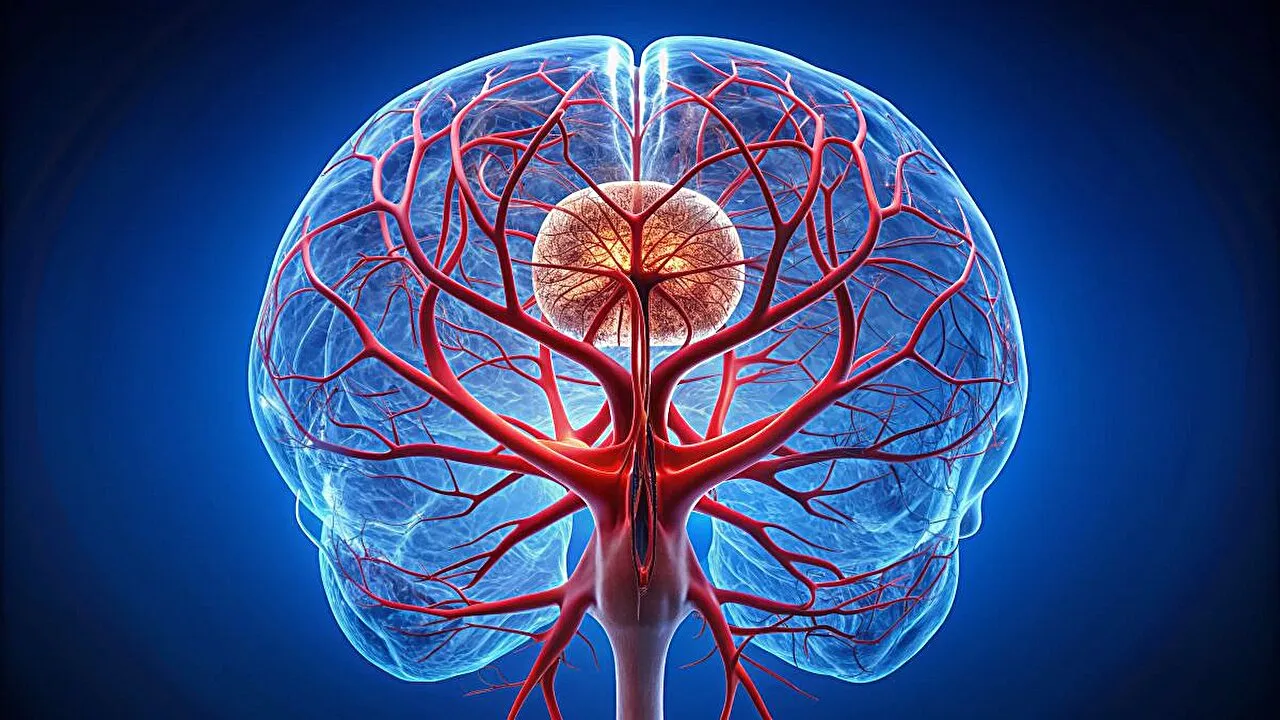Medicine Research: Balloon Angioplasty and Its Impact on Intracranial Artery Stenosis

Background on Intracranial Artery Stenosis
Intracranial artery stenosis is a significant contributor to ischemic strokes, particularly in patients with symptomatic intracranial atherosclerotic stenosis (sICAS).
Impact of Balloon Angioplasty
Recent studies in medicine research demonstrate that balloon angioplasty, when paired with aggressive medical management, significantly reduces the risk of adverse composite outcomes.
Key Findings
- Balloon angioplasty enhances blood flow to the brain.
- The combination therapy shows increased patient safety.
- Long-term benefits include improved quality of life.
Health Research Implications
Medical professionals and researchers must consider these findings in future health research to mitigate risks associated with sICAS.
This article was prepared using information from open sources in accordance with the principles of Ethical Policy. The editorial team is not responsible for absolute accuracy, as it relies on data from the sources referenced.